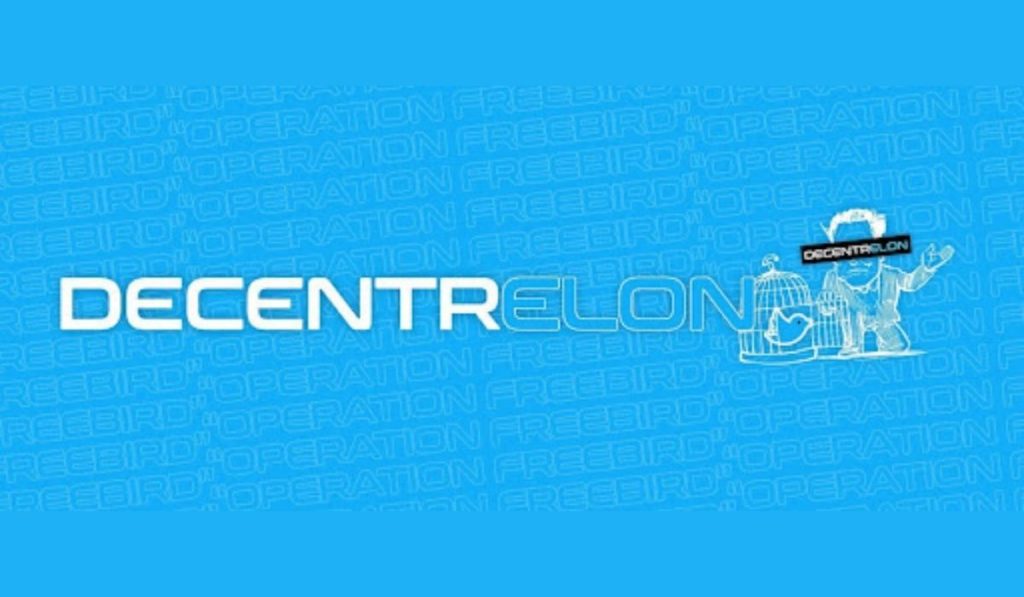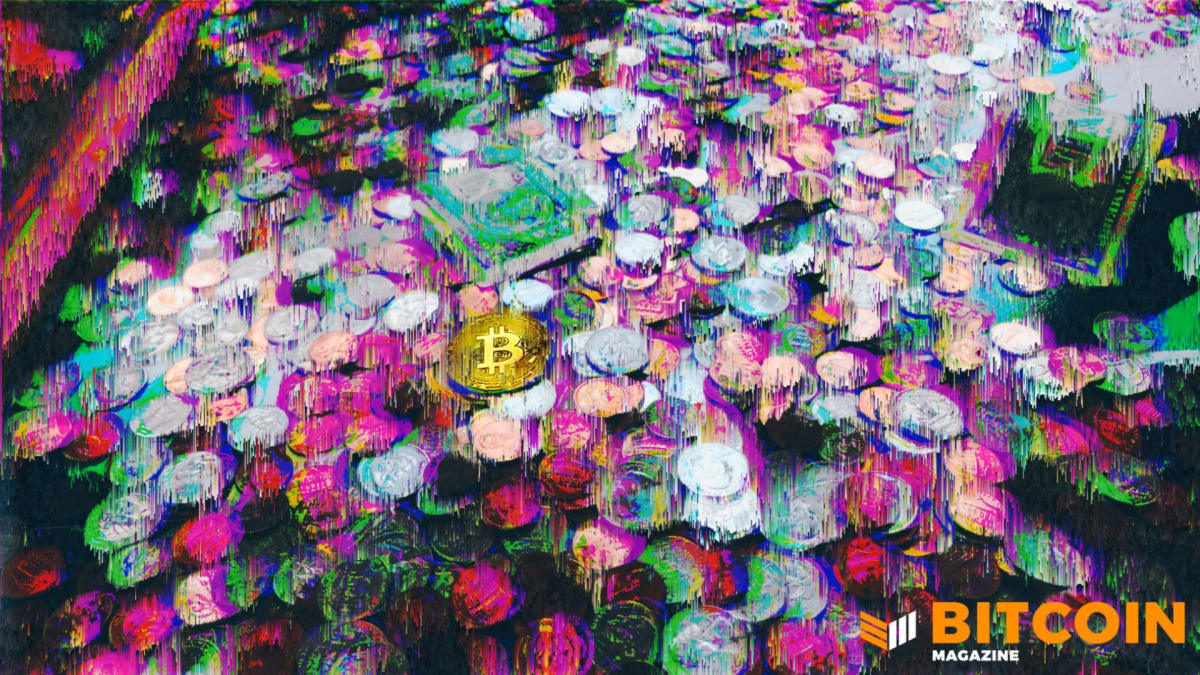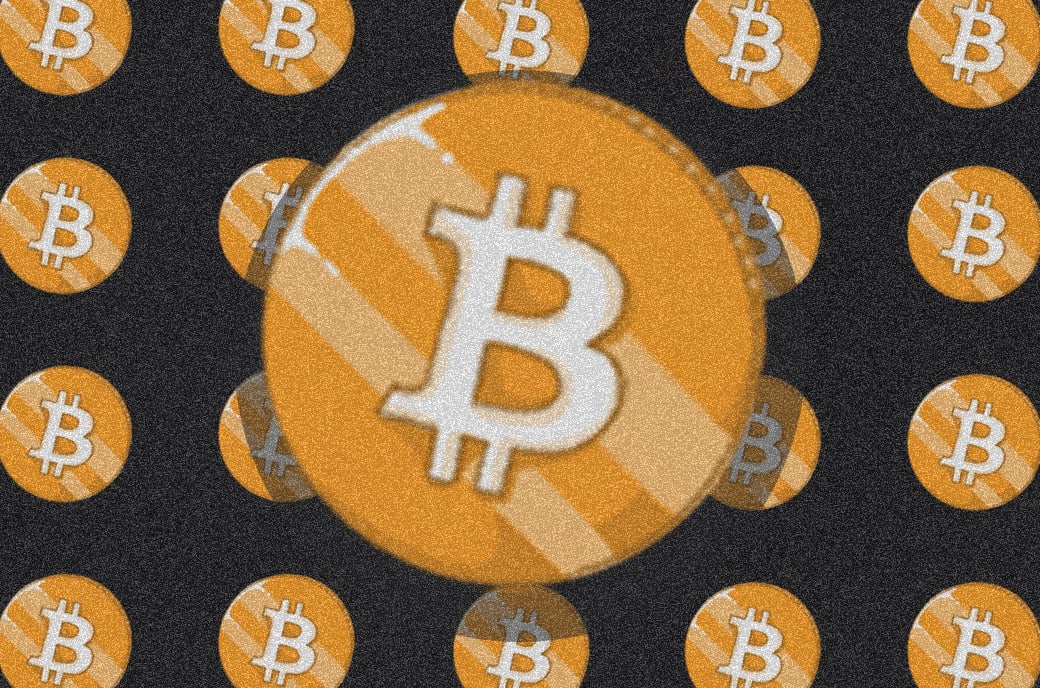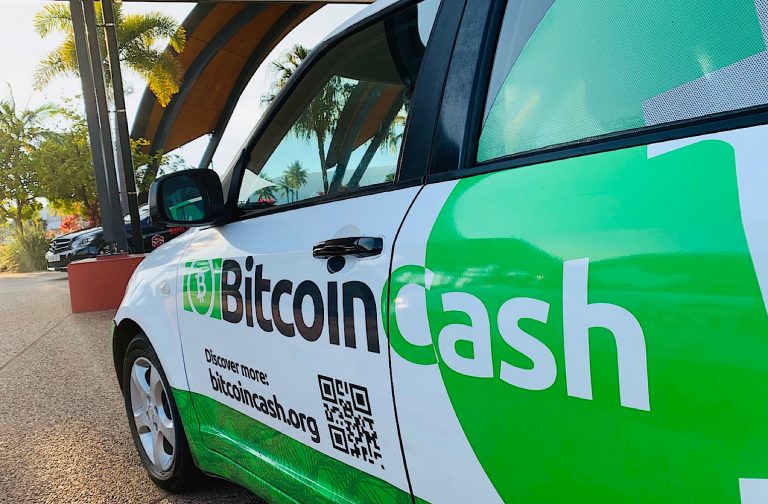2022-8-27 12:00 |
Bitcoin’s incentives are clear and fair, while proof-of-stake has contrasting incentives that are the same as the current system where the rich get richer.
This is a transcribed excerpt of the “Bitcoin Magazine Podcast,” hosted by P and Q. In this episode, they are joined by Tomer Strolight and Nico to discuss the Ethereum merge and how it proves that bitcoin and eth are completely different assets and whose networks have very different architectures.
Watch This Episode On YouTube Or Rumble
Listen To The Episode Here:
AppleSpotifyGoogleLibsynTomer Strolight: I really fundamentally see Bitcoin and Ethereum as almost opposites of each other. Or maybe not even almost, as close to as opposites of each other as can be. When I think of the Blocksize Wars, I think corporations within Bitcoin and miners within Bitcoin were testing the system in a sense, to see if they could take over control of Bitcoin. Very quickly and very immediately and very simply, Bitcoiners said no.
When we put our money where our mouth is and we wrote and ran very simple software that would prevent the seizure of control of Bitcoin by the mining cartel, we said, “We want segwit to activate. And if you don't activate segwit by a certain date, your blocks will be considered invalid.”
That was the logic of the UASF (user-activated soft fork) and enough of us ran it and enough of us advocated for it that they ran it. That's a very short version of the probably 35-minute read of my article for you guys.
The Merge is something different. I feel like Ethereum's always in a sense, been captured by the developers, right? Bitcoin has a difficulty adjustment to ensure that it keeps running no matter what; Ethereum has a difficulty bomb to ensure that it will stop running no matter what, unless you do a hard fork as dictated by the developers. One thing is guaranteed to run forever. The other thing is guaranteed not to run unless you do what the developers tell you to do through the form of a hard fork. Now we have this hard fork scheduled for the Merge and low-and-behold, people have discovered some other party might be able to seize control because of the way that proof-of-stake mining works: You have to have a minimum amount of eth, which not enough people have. So people have delegated, they've surrendered custody of their eth to these staking pools, which are different from mining pools because mining pools, you retain your mining hardware. You just point it at the node of a miner. In a staking pool, you surrender custody. The staking pool then stakes your coins in a contract that they can’t even withdraw the coins from. And so what we've had is this massive centralization and this recognition following the week ago events surrounding this Tornado Cash thing. Now that these corporations hold all the eth that's stated, and that's the consensus algorithm, they can be ordered or they can take control of what is the truth in Ethereum.
Now there's this whole debate about whether or not a UASF, a user activated software, is possible and should be pursued in Ethereum, but the algorithm is so complicated and so untested for slashing and proof-of-stake, it's just not easy.
It's very straightforward to understand bitcoin mining with a little bit of training. I don't think anybody understands exactly all the nuances and details of this new Ethereum proof-of-stake system under the Merge. My expectation is although there's some talk of doing a UASF to threaten the large corporations with penalties if they don't do what's meant to be done, which is ambiguous. I don't think that it can be coordinated because not enough people run nodes. It's impossible to run an actual full archival node for a normal person without thousands of dollars. It's impossible to stake unless you have tens of thousands of dollars worth of coins and a very meaty system. So these things are not the same. I just don't see these things as even remotely similar. I have a very dim view of proof of stake in general because it is the “rich get richer” for no work other than being rich and the rich also get control of the system. That's the whole thing we've been trying to get away from. We want work to be rewarded; honesty to be rewarded; nobody to be able to seize control of the system. That's just not what proof-of-stake is.
Every proof-of-stake system we see has a large majority of stakers who basically have all the votes and decide what will and what won't be the state of the blockchain.
origin »Bitcoin price in Telegram @btc_price_every_hour
Bitcoin (BTC) на Currencies.ru
|
|























